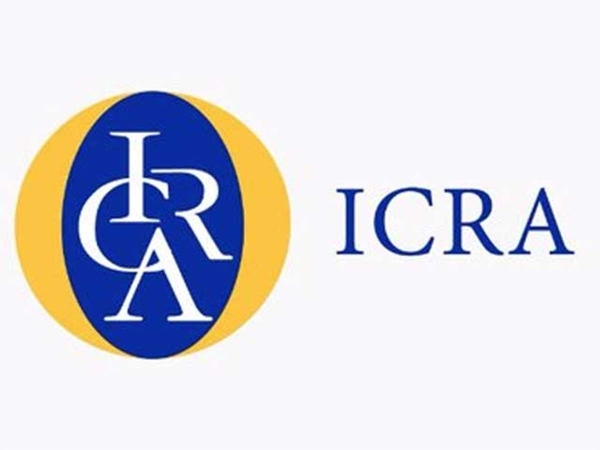Suspension Of Fresh Insolvency Cases A Relief To Corporate Sector: ICRA
Suspension of fresh insolvency cases will provide relief to corporate sector; however, cases being referred could spike later if Covid-19 impact remains prolonged, ICRA has said in a report.
"The recent announcement regarding the Insolvency and Bankruptcy Code (IBC) by the country's Finance Minister, suspending any fresh insolvency cases against any entity for a one-year period, provides relief to stressed companies impacted by the Covid-19 pandemic as creditors cannot initiate bankruptcy proceedings under the IBC during this period," ICRA has said in a report.

The amendment follows an earlier notification by the Ministry of Corporate Affairs (MCA) on March 24, 2020, which had increased the minimum amount of default to Rs. 1 crore from Rs. 1 lakh for the initiation of insolvency proceedings.
The period of lockdown imposed by the Government of India (GoI) due to the Covid-19 pandemic will also not be counted during the corporate insolvency resolution process (CIRP) and the liquidation process.
ICRA believes that the suspension of fresh insolvency proceedings for a period of one year would ensure relief for the companies that are severely impacted by the pandemic and are unable to make payments to their operational and financial creditors in a timely manner.
"The time frame of one year appears adequate at present for an entity to sort any temporary cash flow mismatches. However, if the severity of the pandemic increases, thereby disturbing normal operation and delaying the economic revival, there could be a sudden surge in the cases being referred under the IBC after the one-year period. This would be detrimental to the resolution process, which is already facing challenges due to overburdened tribunals," the report has noted.
"In the current environment, the ongoing and even future CIRPs are likely to suffer from lower valuations and possibly lower interest from bidders due to the uncertainty across many sectors. This, in turn, may result in creditors having to agree to higher haircuts to successfully conclude the CIRPs," the report further states.





























